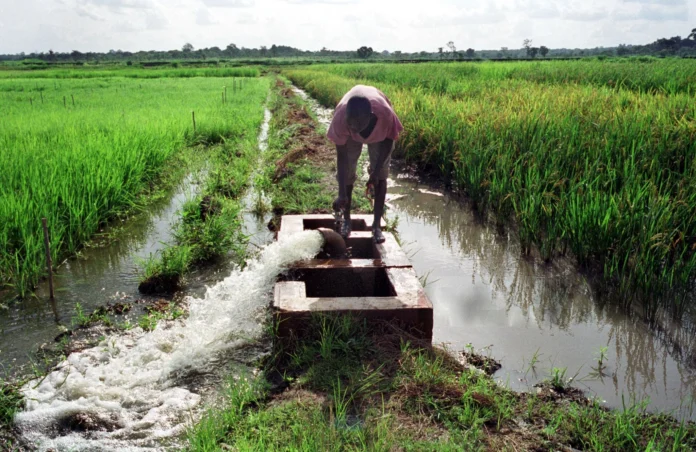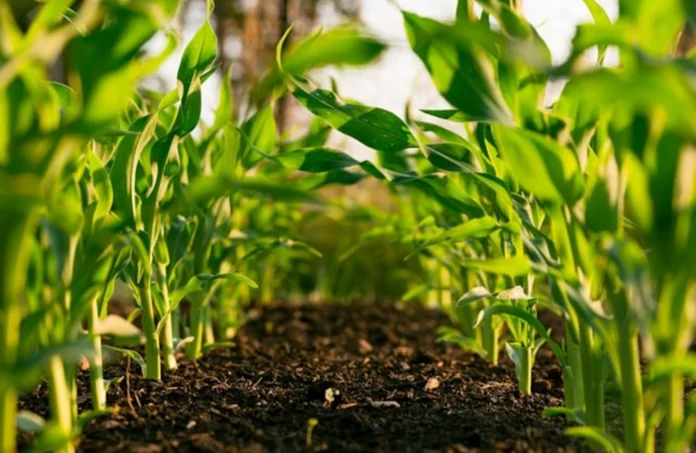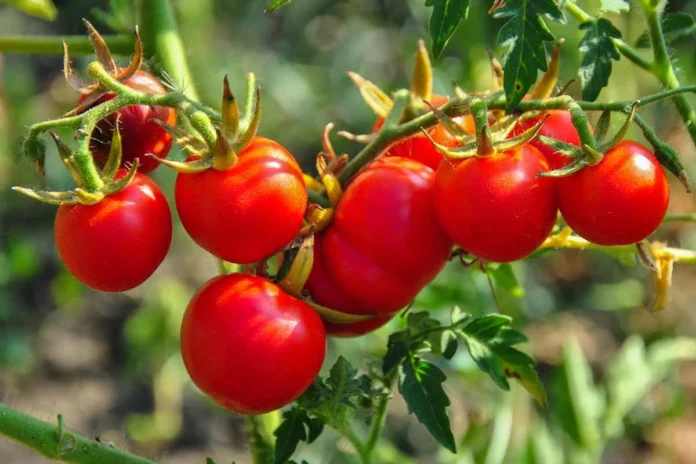Nadia Fatima Zahra, Arabfields, Yamoussoukro, Ivory Coast — In a world where chocolate and coffee are daily pleasures for billions of consumers, a glaring paradox persists: the women and men who cultivate these flagship products of global trade often suffer from seasonal food shortages, limited dietary diversity, and precarious access to fresh and nutritious foods. According to an in-depth analysis published by the organization Rikolto, more than 50% of farmers’ family incomes are devoted to food, a burden exacerbated by monoculture systems that prioritize export crops at the expense of local production. This situation, worsened by modest incomes, climate shocks, and failing public services, affects up to 50% of small coffee producers in western Honduras and up to 64% of cocoa farmers in the Ashanti and Bono East regions of Ghana, with heightened vulnerability for female-headed households.
Production systems based on cocoa and coffee monoculture concentrate value and power in global supply chains, often to the detriment of local communities. Farmers find themselves reliant on purchases from inconsistent markets, where food availability and affordability fluctuate. In Indonesia, for example, a study on dietary habits and the cost of diets reveals a heavy dependence on staple foods, with limited intake of proteins and micronutrients. More than 50% of household incomes there are allocated to food, and diversification through home gardens and alternative proteins like legumes or fish is recommended to mitigate these risks.
This food insecurity is not just an economic issue; it is also ecological. Monocultures deplete soils, reduce biodiversity, and make farms vulnerable to climate hazards. Rikolto advocates for a systemic approach to food systems, where farms are no longer seen as mere export suppliers but as nourishing pillars for their communities.
To reverse this trend, diversifying farms emerges as a key strategy. By integrating food crops, legumes, fruits, and even livestock into cocoa and coffee plantations, farmers can improve soil health, water retention, and microclimates, while boosting productivity and adaptation to climate change. Agroforestry, in particular, reconnects these export crops to local needs, fostering ecological, economic, and nutritional resilience.
In the Democratic Republic of Congo (DRC), on Idjwi Island in South Kivu, Rikolto supported 5,163 farmers, including 87% women, in producing bio-fortified beans (variety HM21-7) under the shade of coffee trees. Through regenerative practices, traceability managed by women and young mothers, and the creation of a commercial brand, 521 tons of beans were sold in 2024 on the markets of Bukavu and Goma. These initiatives not only increased household incomes but also provided a reliable source of nutritious foods, such as enriched flour. Bonnke Safari, Rikolto’s country director in the DRC, emphasizes: “Integrating bean cultivation under the shade of coffee trees on Idjwi has significantly increased women’s participation in coffee farming, while boosting household incomes and providing a reliable source of food in times of uncertainty.”
In Indonesia, Rikolto funded studies on living incomes and diets, promoting community home gardens managed by groups of women farmers. In the Polewali Mandar and Pongo regions, these gardens, supported by government seedlings, reduced food expenses by about 5%, despite challenges like limited space and pests. Cooperatives like Mitra Agribisnis and Masagena are experimenting with new techniques to overcome these obstacles.
In Ghana, the organization collaborates with village savings and loans associations (VSLAs) to develop income-generating activities complementary to cocoa. Through the Selection, Planning, and Management (SPM) methodology, and with funding from SUCDEN and Belgian development cooperation, 23 groups involving 480 people (including 254 women) received training. Nineteen businesses were launched, ranging from vegetable farming to poultry rearing and baking. In the Sra community, a poultry farming group sold 474 crates of eggs (11,376 eggs) for a revenue of 27,515 GHS (about 1,688 euros). Alex Padi, a cocoa purchasing clerk in Sra, testifies: “We are excited about the VSLA poultry farm initiative in our community because it has not only improved our nutrition but also created economic opportunities for us.” Eva Tetteh, VSLA president, adds: “Thanks to the establishment of the poultry farm, we now have access to fresh eggs and chicken, as some members raise for meat. This has improved our nutrition and increased our access to finances.”
In 2024, Rikolto supported 15,178 cocoa and coffee producers in their diversification efforts for better food access. These examples demonstrate that cocoa and coffee landscapes can, and must, nourish the communities that maintain them, rooting these crops in local food systems rather than in exclusive dependence on volatile markets. By adopting diversification tailored to local contexts, the cocoa and coffee sectors can become economically viable, socially responsible, and ecologically sustainable. For industry stakeholders, this is an imperative: to rethink farms not only as sources of global profit but as guarantors of local food security.












